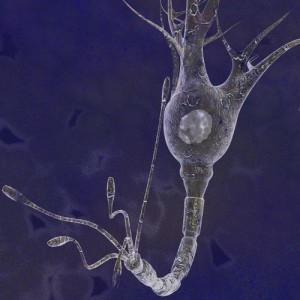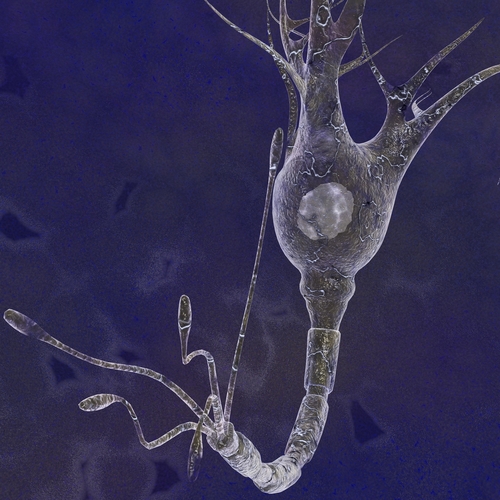 Inflammatory bowel disease (IBD) affects a wide variety of patients, especially those with concurrent autoimmune diseases. According to a presentation given by Francisco de Assis Aquino of the Universidade Federal do Ceara at the American Association of Neuromuscular & Electrodiagnostic Medicine (AANEM), a significant number of myasthenia gravis patients also have IBD.
Inflammatory bowel disease (IBD) affects a wide variety of patients, especially those with concurrent autoimmune diseases. According to a presentation given by Francisco de Assis Aquino of the Universidade Federal do Ceara at the American Association of Neuromuscular & Electrodiagnostic Medicine (AANEM), a significant number of myasthenia gravis patients also have IBD.
The abstract, entitled “Myasthenia Gravis and IBD: Results from a Brazilian Cohort and Literature Review,” indicates that while co-existence of two auto-immune disorders is approximately 0.2%, the co-existence of myasthenia gravis and IBD is 0.9%. These data were obtained by analyzing patient data from 218 IBD patients over the age of nine years. Two patients with concomitant disease were described in the presentation.
One patient, a 37-year-old man, was initially diagnosed with ulcerative colitis before being diagnosed with Crohn’s disease three years later. His condition was determined through a total colectomy and partial gastrectomy, and his treatment consisted of prednisone. He tapered off treatment on his own and began to experience quadriparesis (weakness in all four limbs), bilateral ptosis (drooping eyelids), dysphagia (difficulty swallowing), and dysarthria (motor speech disorder) — all symptoms of myasthenia gravis.
A second patient, a 41-year-old woman, was also diagnosed with ulcerative colitis. She received her diagnosis at age 35, along with a diagnosis of primary sclerosing cholangitis (scarring and inflammation within the bile ducts). She was later diagnosed with myasthenia gravis when she developed ptosis and speech impairment.
The researchers further searched literature for co-existing myasthenia gravis and IBD and found 15 papers detailing 21 patients with both IBD and myasthenia gravis. Seven had Crohn’s disease, 14 had ulcerative colitis, and the majority had ocular symptoms of myasthenia gravis that presented several years after IBD onset.
Due to the higher prevalence of these two auto-immune conditions, the authors cautioned that IBD patients should be considered for myasthenia gravis if they show signs of ocular, bulbar, or limb weakness following changes in immunosupression. Myasthenia gravis is a condition that is characterized by acetylcholine receptor destruction within skeletal muscle neuromuscular junctions. However, according to the study at hand, the disease may affect more than just these receptors.

